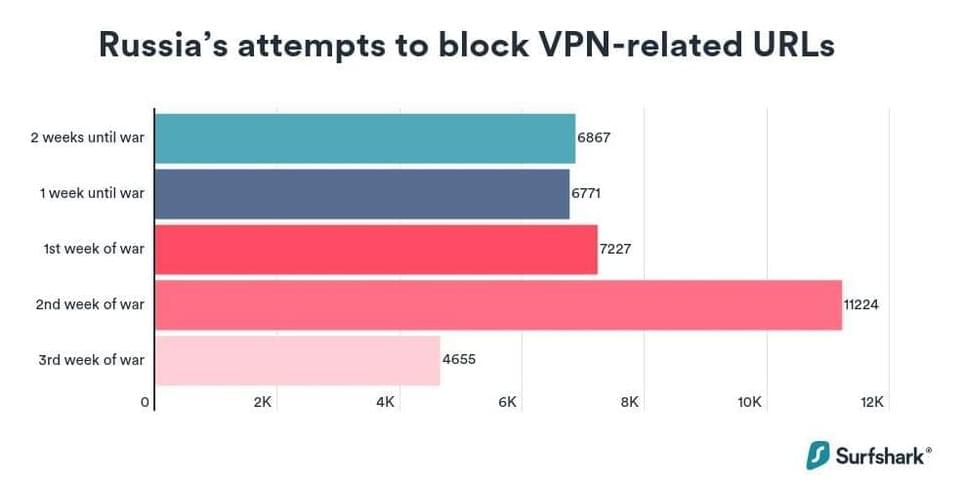
Category: government – Page 85


Australia launches Space Command to counter China
Australia gets its own space force.
The Australian government yesterday launched the Space Command, a new defense agency with echoes of the US’ Space Force that has been tasked with securing the country’s place in an “already contested” cosmos.
Australian Minister for Defence Peter Dutton said the new defense arm would be modest to start with, although he gave no detailed staffing or budget figures.
In a speech to the Australian Air Force, he said that space “will undoubtedly become a domain that takes on greater military significance in this century.”
Space is becoming more congested and is already contested, particularly as the boundaries between competition and conflict become.

Iron Dome laser-based option, Iron Beam, takes major step forward
TEL AVIV: Israel has made a small but significant step towards a laser-based system that is capable of intercepting missiles, with the announcement that the country’s “Iron Beam” system officially has a budget.
The program, which has existed in some form of R&D for more than a decade, has faced headwinds as a result of a long-running conflict between proponents and opponents of laser-based defense systems. But the technology appears to have matured to the point the government is now willing to put real money behind it.
Defense sources here say that the initial effort will be to develop an electric 100–150 kW solid-state laser that will be capable of intercepting rockets and missiles. The idea is to use two laser guns to create the needed power.

Russia Forcing Google To Delist VPN Websites, But 400,000+ Russians Are Downloading VPNs Daily
Russia is forcing Google to delist URLs associated with virtual private networks, or VPNs, but almost half a million Russians are downloading the technology that allows them to obscure their internet usage and access government-blocked websites.
Clearly, Russians are looking for uncensored information about their government’s war against Ukraine.
“Surfshark conducted an analysis showing that the Russian telecoms regulator (Roskomnadzor) has forced Google to delist more than 36,000 URLs that link to VPN services over the past month,” a Surfshark representative told me via email. (The company offers a VPN product.) “The most significant spike of requests was recorded amid the second week of the war, when the Kremlin banned various media platforms, including Facebook, Twitter, YouTube, while others left due to a ‘fake news’ law.”
This Insane Chinese Supercomputer Changes EVERYTHING
The smartest Scientists of both China and the United States are working hard on creating the fastest hardware for future Supercomputers in the exaflop and zettaflop performance range. Companies such as Intel, Nvidia and AMD are continuing Moore’s Law with the help of amazing new processes by TSMC. These supercomputers are secret projects by the government in hopes of beating each other in the tech industry and to prepare for Artificial Intelligence.
–
TIMESTAMPS:
00:00 A new Superpower in the making.
00:46 A Brain-Scale Supercomputer?
02:47 China Tech vs USA Tech.
05:30 Chinese Semiconductor Technology.
07:39 Last Words.
–
#china #computing #usa

Sonoma County Airport Launches Solar Power Systems
The Charles M. Schulz Sonoma County Airport had two solar power systems installed onsite and made them live in February. Over the course of their electricity-generating life spans, they will offset thousands of tons of CO2 emissions and potentially save millions of dollars.
Sonoma County has been hit particularly hard by wildfires in the last several years. These natural disasters occur with some regularity on their own, but many believe the latest ones are connected to the effects of climate change. The county has been experiencing higher temperatures and droughts as well. As a result of these challenges, Sonoma County’s government set a goal for the county to be carbon neutral by 2030. The airport solar power installations fit within the carbon-free plan. (The California state government has a goal for California to be operating on clean, carbon-free electricity by 2045.)
Jon Stout, the Sonoma Airport Manager, and Rachel McLaughlin, ForeFront Power’s Vice President of Sales & Marketing, provided some insights to CleanTechnica about the new solar power systems. (The last three answers are from ForeFront.)
Janice Chen, Nathan Chen’s sister, is building a $100 billion CRISPR gene editing company
Janice Chen, Ph.D., one of Olympic gold medalist Nathan Chen’s siblings, is on a mission to build a $100 billion biotech company.
In 2018, she co-founded Mammoth Biosciences with Trevor Martin, Lucas Harrington and Jennifer Doudna 0, who won the Nobel Prize in Chemistry two years later for her pioneering work in CRISPR gene editing. Doudna also served as Chen’s mentor while she pursued her doctorate degree in molecular and cell biology at the University of California at Berkeley.
Mammoth is built on Chen’s work as a graduate student researcher in Doudna’s lab. Since the dawn of COVID-19 in 2020, the startup has seen accelerated growth as it snagged $100 million in multiple contracts and government grants.
NASA Releases Details on how Starship Will be Part of its Return to the Moon
The path back to the moon is long and fraught with danger, both in the real, physical sense and also in the contractual, legal sense. NASA, the agency sponsoring the largest government-backed lunar program, Artemis, has already been feeling the pain on the contractual end. Legal battles have delayed the development of a critical component of the Artemis program – the Human Landing System (HLS). But now, the ball has started rolling again, and a NASA manager recently reported the progress and future vision of this vital part of the mission to the Institute of Electrical and Electronics Engineers at a conference.
Kent Chojnacki is the manager of NASA’s Systems Engineering & Integration Office. He recently gave a presentation entitled Human Landing System. While it only ran to six content slides, he provided some more details into how the agency is arranging its work with future contractors developing the part of the Artemis program that will take astronauts down to the lunar surface.
Not only will it take astronauts down to the lunar surface, but the HLS will also serve as their home there – at least at the beginning of the Artemis program. Eventually, the astronauts will build their own homes on the lunar surface. But at least at first, it will have to be capable of carrying all the tools, equipment, and supplies needed to complete any individual Artemis mission.

US government clients unaffected by Viasat cyberattack
“The investigation into the recent cyber event on the KA-SAT European network continues in partnership with law enforcement, government partners and Viasat’s third-party cybersecurity firm,” Viasat said in a statement March 11. “We currently believe this was a deliberate, isolated and external cyber event.”
An ultra-cheap electric car conversion kit is FINALLY here!
We’ve showcased plenty of EV conversions on the channel before, but up until now they’ve mostly been high-end, beautifully refurbished classics. In this episode, Jack heads to France to investigate the entry-level of EV conversion. For €5,000 after government subsidies, a company by the name of Transition One claims it can turn your old banger into a no fuss, no-emissions electric car. Is this the answer to overpriced new cars? Could this be the key to accelerating EV uptake? Check out the episode to find out.
00:00 Welcome to a crusty Fiat!
1:54 Welcome to Transition One.
3:35 One very charismatic founder.
5:30 How does it work?
7:37 The gearbox lives!
8:50 How much??
12:12 Range and specs.
13:39 Who fits it?
14:43 How many orders?
15:35 When can I buy one?
17:12 Final thoughts.
Fully Charged LIVE is BACK! Get your tickets now:
Farnborough — 29th & 30th April, 1st May 2022: https://fullycharged.live/
Amsterdam — 20th, 21st & 22nd May 2022: https://fullycharged.live/eu/
San Diego — 10th & 11th September 2022: https://fullycharged.live/us/
Become a Patreon: https://www.patreon.com/fullychargedshow.
Become a YouTube member: use JOIN button above.
Buy the Fully Charged Guide to Electric Vehicles & Clean Energy : https://buff.ly/2GybGt0
Browse the Fully Charged store: https://shop.fullycharged.show/